StopConcussions Foundation’s 4 Step Program.
StopConcussions was designed to educate players, administrators, physicians, coaches and officials on the cause, effects and consequences of concussions and neurotrauma injuries, not only in hockey but all sports. Brain and spinal cord injury result in life-changing consequences, and to date, no “standard of practice” has been implemented into the areas that have a higher frequency of serious injury such as hockey, football, rugby, and soccer.
Navigating concussion recovery can be an extremely challenging and isolating experience. As many as 20% of individuals who suffer a concussion will go on to experience persistent and potentially disabling symptoms lasting months and in some cases years – impairing performance at work, school, preventing return to sport, and ultimately reducing quality of life.
What’s more, 1 in 5 individuals may experience mental health symptoms that persist for months post-concussion. Challenges with depression, post-traumatic stress, anxiety, and substance abuse are not uncommon and can pose a significant barrier to recovery when left untreated.
Today kids play several sports that overlap seasons so it is so important we have a plan for dealing with concussions. Parents need support from the entire organization from each sport to deal with concussions. With heightened awareness we now have to all be on the same page. No longer is it left up to the player and the parent to fend for themselves. We now need coaches, trainers and family doctors working with them and add a concussion expert to make sure all aspects from detection, diagnosis to management of this invisible injury is in place. Baseline testing and tools in the toolbox are needed to make sure we do all we can to reduce the incidences of concussions.

#1 EDUCATION
#2 PREVENTION

#3 MANAGEMENT
#4 RESEARCH
Get Involved
Whether you want to make a donation or get involved with our team, your help is always appreciated!
Donations are used towards funding educational material for coaches, parents, and teachers and allow us to continue our work in general. If you want to work with us or become an ambassador to help spread the word, please don’t hesitate to contact us! If you are interested, click one of the buttons on the right.
Fill out the form to get a copy of “Concussed” for free!
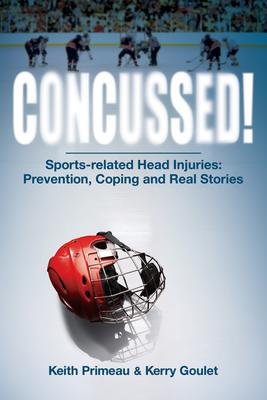
Upcoming Events
Concussed Stories
Concussions in sport is a complex issue.
Concussed touches upon the key principles in helping us better understand the injury and how it affects our society today.
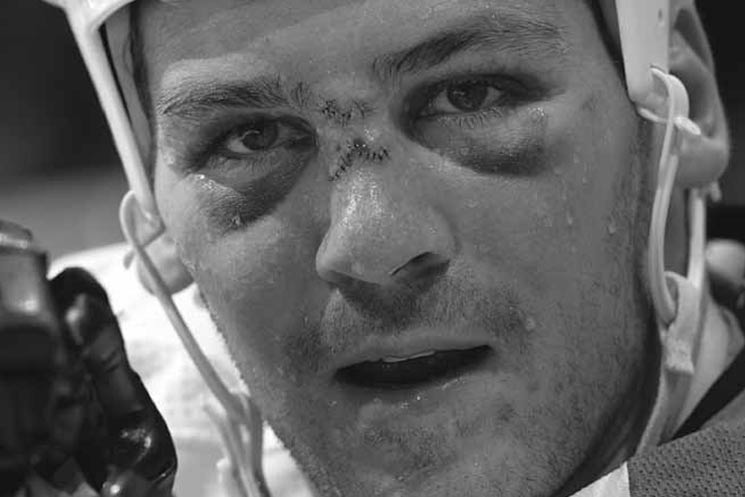
Wayne Primeau
I am one of the co-founders of stopconcussions.com, brother of Keith Primeau and retired NHL veteran of 14 seasons. I got involved with stopconcussions.com because of my…
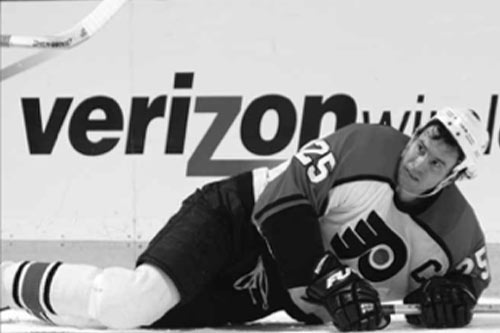
Living with a Concussion
I retired from playing in the NHL in 2006 because of the fallout of a concussion in 2005, but my injury history goes back to 1997. Well, at least the diagnosed ones. People ask how many concussions I’ve had during…
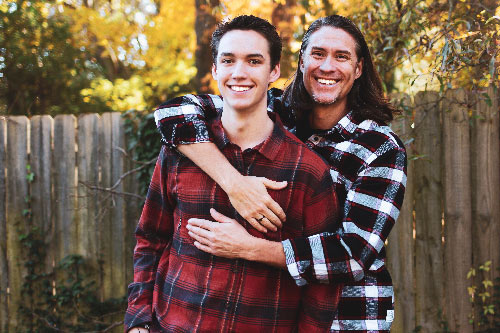
A Parent’s Role
I saw the whole thing happen. It was a
fifty-fifty ball in a soccer game. Both players went airborne, and instead of striking the ball with his head, a player struck his opponent in the face. Both players…
About Us
StopConcussions is a non-profit company, that aims to bring players, parents, coaches and officials information on brain concussions and their consequences in contact sports.
This website is here to help educate and are not intended to replace medical care and/or professional supervision. There is no substitute for a competent neurologist, physician, health professional or clinician when it comes to diagnosing and managing concussions. What StopConcussions offers is an insight into the nature of a brain injury. It is a guide to help you understand the cause, effects and consequences of concussions as well as how you can help reduce the incidences of the injury, manage the injury better and be able to ask all the right questions when dealing with a concussed individual.
The brain is complex, and each injury is personalized. Not only is every brain different, so is every concussion, and the therapy must be tailored to each individual. With this said, only a physician or qualified healthcare professional who has been educated in concussions can recommend a treatment and rehabilitation program. If you have any questions or concerns regarding a specific injury, contact your physician immediately.
Contact Us
Whether you need help dealing with a concussion, need information or other materials or are a concerned parent or coach, we are happy to help. Please contact us with any and all inquiries regarding our field.
